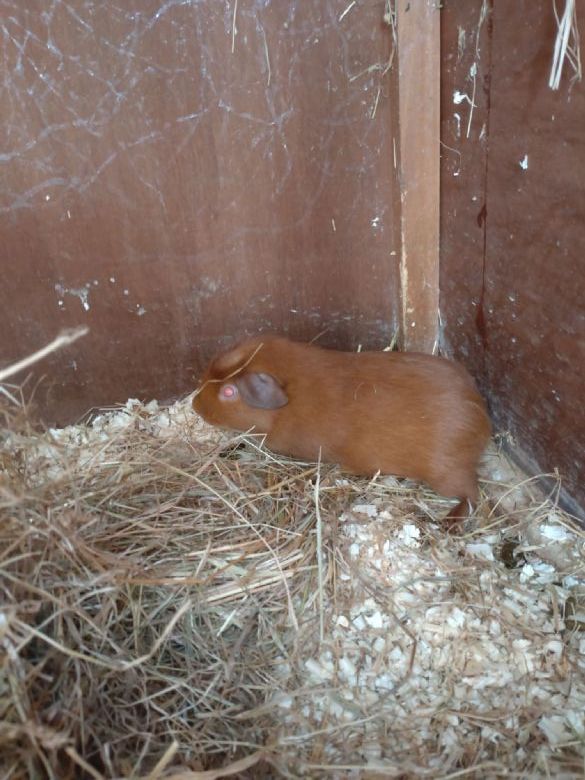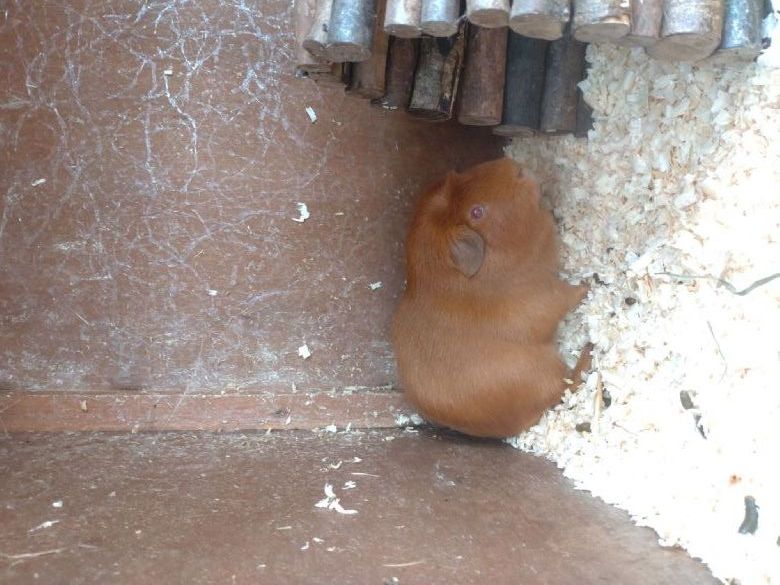Guinea Pigs
Pumpkin and Spice are our school guinea pigs. They joined our school this September. They are both male guinea pigs (called boars).
Pumpkin and Spice live in the animal enclosure in the Reception Early Years Outside area. This is a lovely space with plenty of grass and plants for them to nibble on, as well as being a sheltered space to keep their hutch. Guinea pigs are herbivores, which means that they only eat plants.
More interesting guinea pig facts:
- Despite their name, guinea pigs are not pigs and they don't come from Guinea! They originate from the Andes, which is a mountain range in South America.
- Guinea pigs are herd animals (like cows and sheep!) and do better in groups than alone.
- The teeth of guinea pigs grow throughout their entire life but chewing and grinding food keeps guinea pig teeth from growing too long.
- Like humans, guinea pigs do not produce their own Vitamin C and need to get it from food.
- Depending on breed, diet and other factors, a normal guinea pig’s lifespan varies from five to eight years. However, the world record of a guinea pig’s age is fourteen years.
- Guinea pigs are active up to 20 hours a day and only sleep for short periods at a time and they can sleep with their eyes open or closed.
- A male guinea pig is called a boar and a female is called a sow. Newborn guinea pigs are called pups.
- Guinea pigs are very social and have little trouble living together with other species of rodents. They also enjoy human company.
- Guinea pigs feel a little shy at times, so they like having places to hide. A good idea for guinea pig owners is to cut some holes in a cardboard box and leave that in the cage.
- Guinea pigs don’t bite as a defence mechanism. If you are ever bitten by a guinea pig it probably means they thought there was food on your hand.
- Despite their small size, there are 258 bones in a guinea pig’s skeleton. In contrast, human adults have 206 bones!
adapted from: http://guineapigaloo.com/guinea-pig-facts-for-kids)


